24/7 Helpline:
(866) 899-111424/7 Helpline:
(866) 899-1114
Learn more about Couples Rehab centers in Jim Hogg County

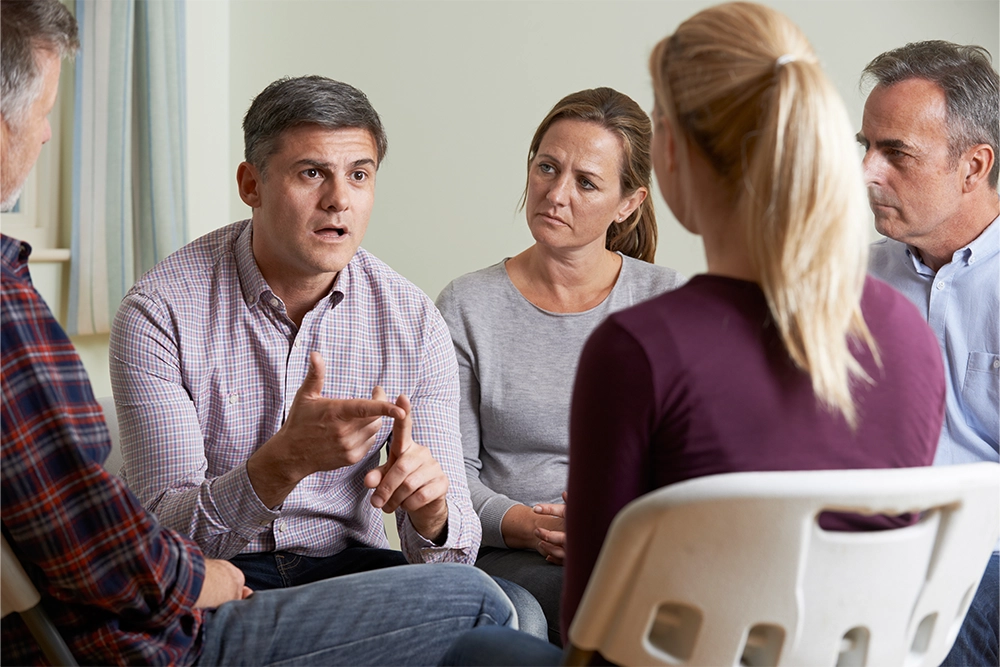

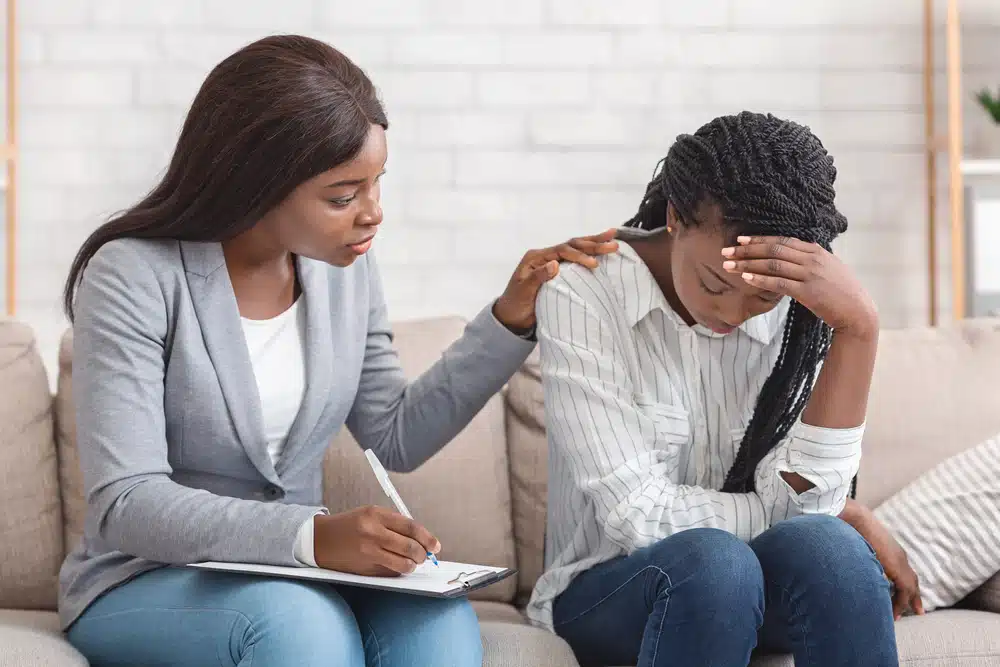
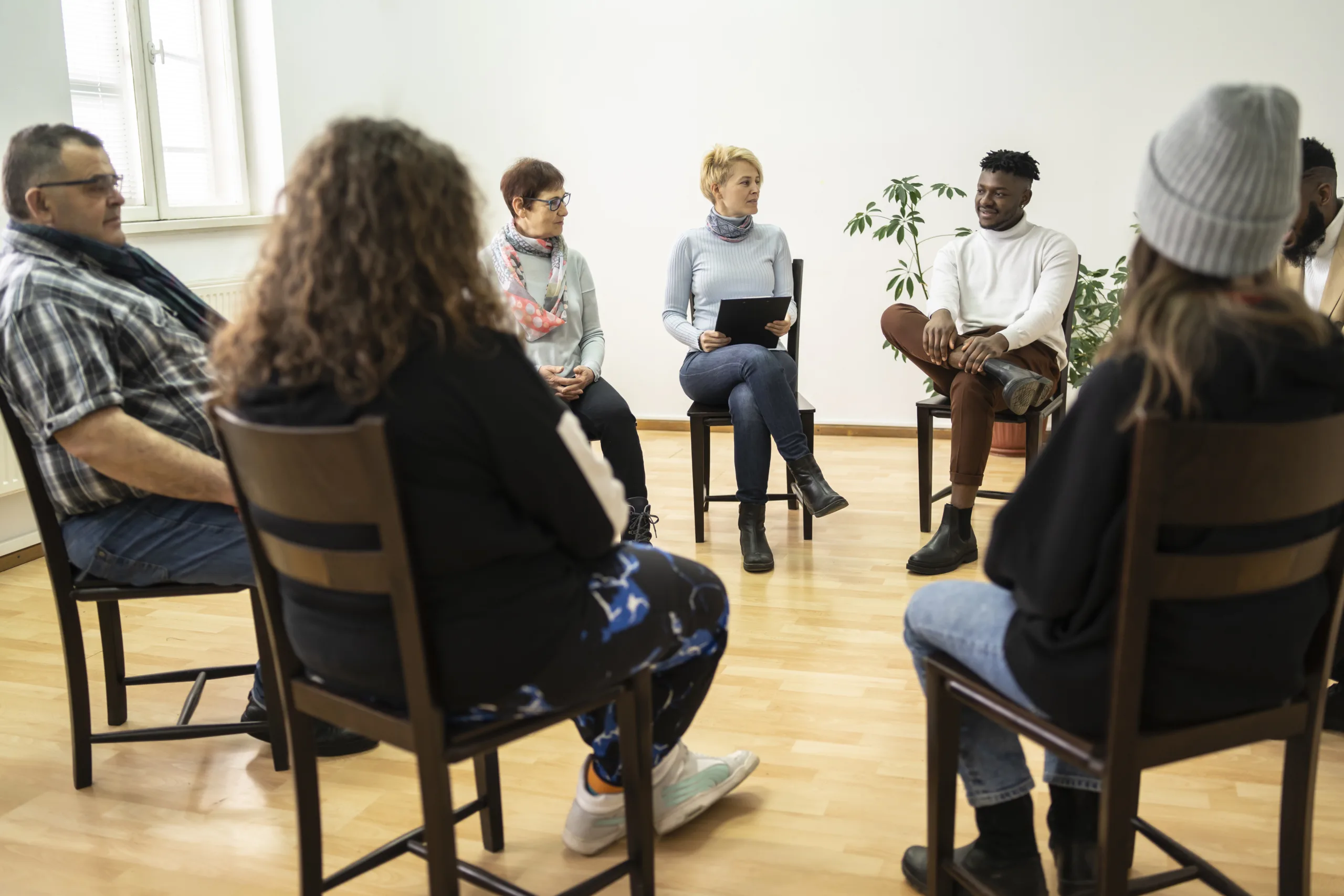
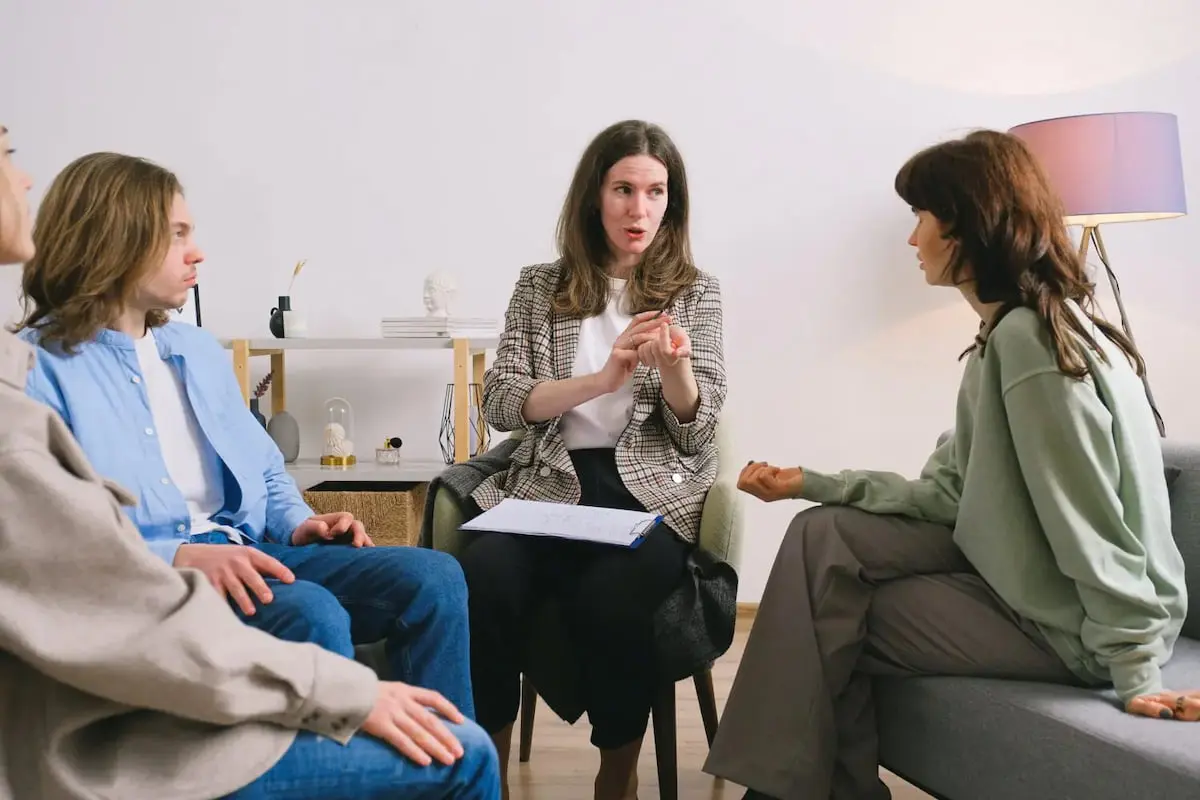



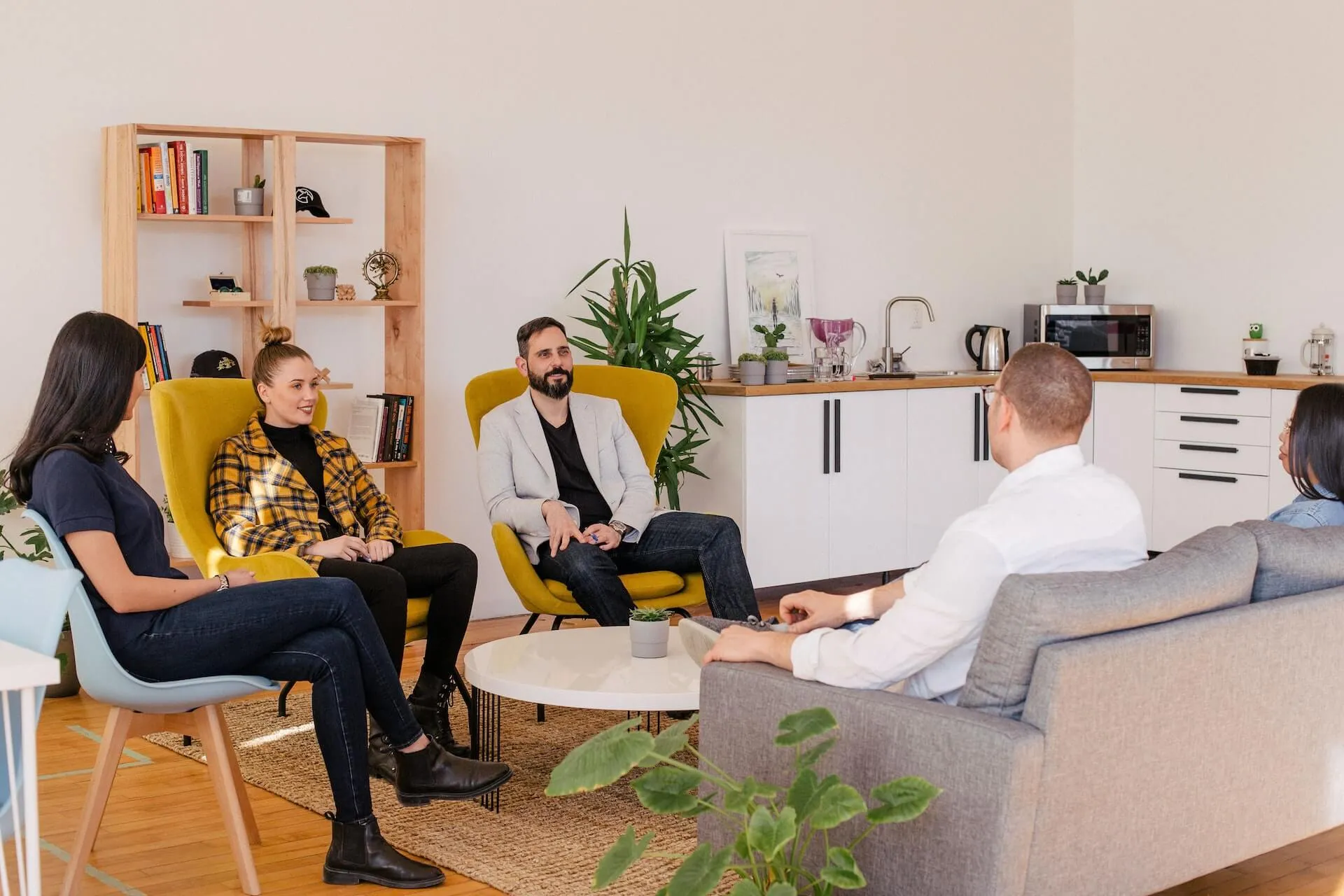
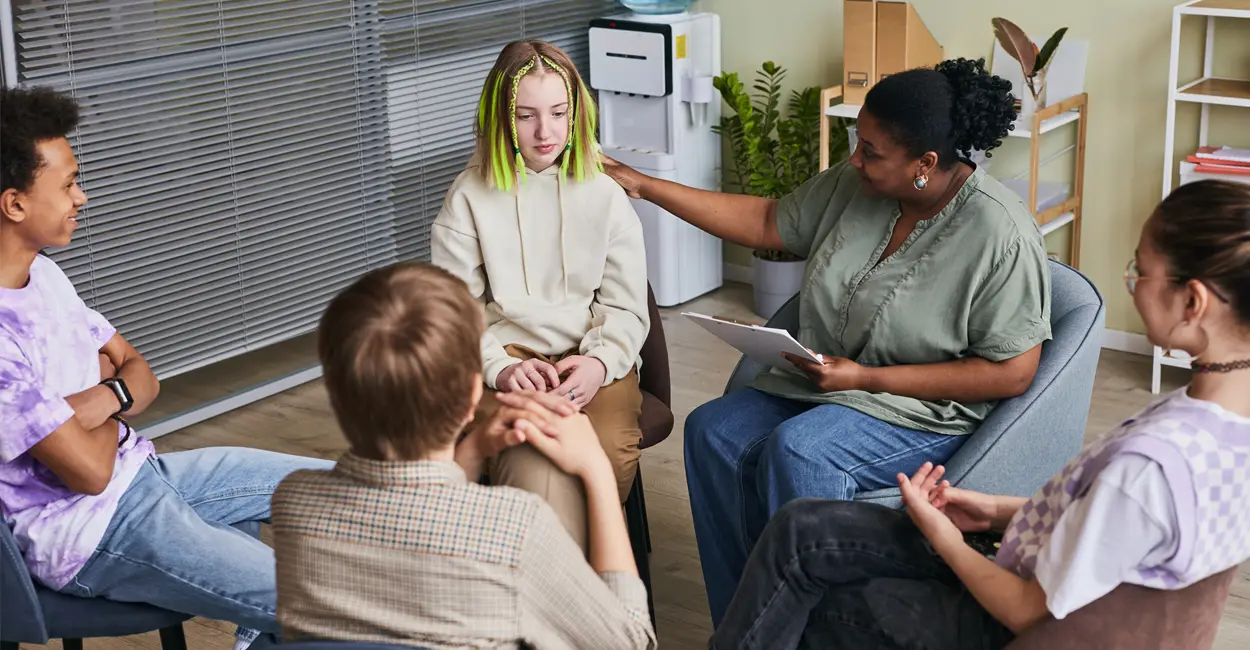
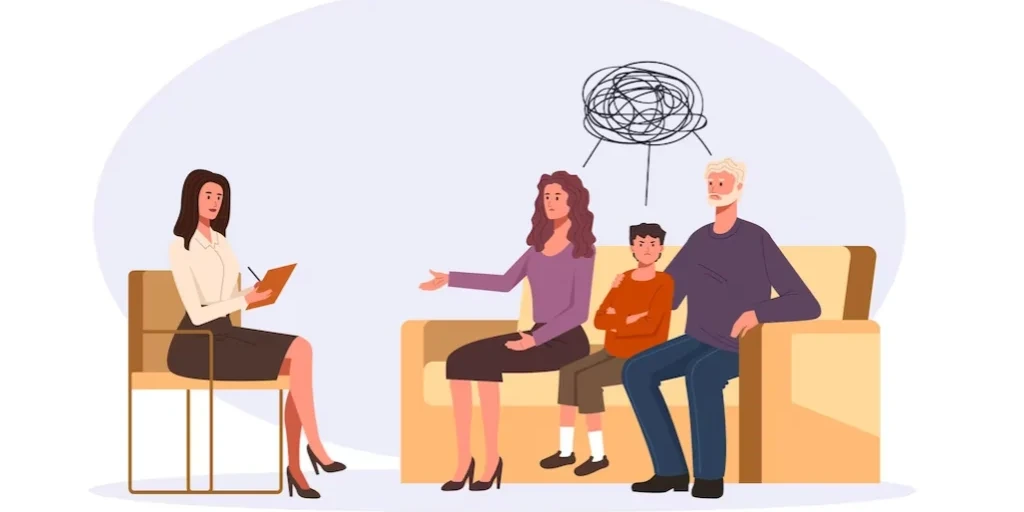



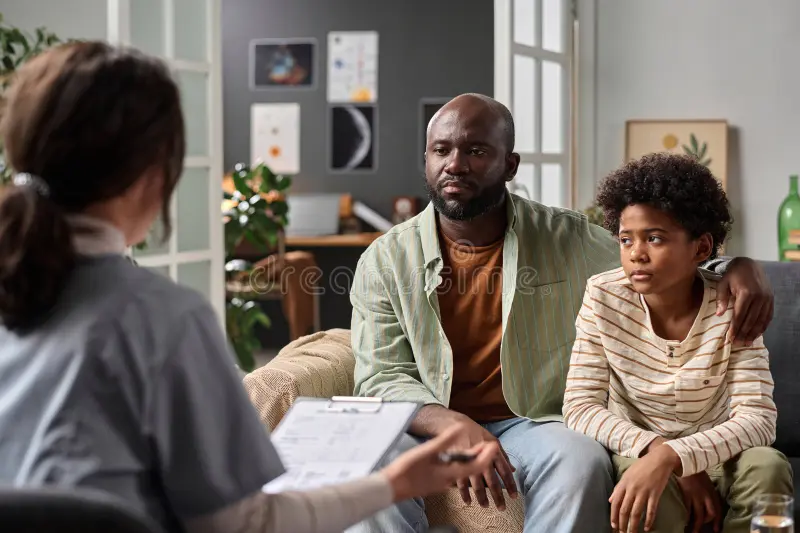
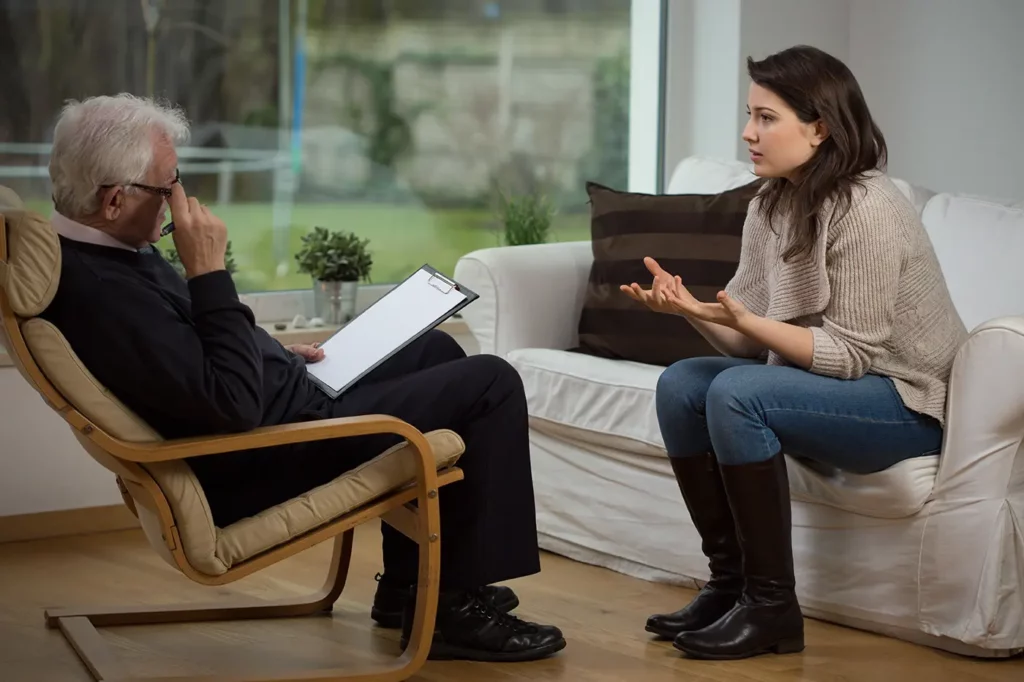

Border Region Mental Health
Border Region Mental Health is a private rehab located in Hebbronville, Texas. Border Region Mental ...

Other Insurance Options

Absolute Total Care

BHS | Behavioral Health Systems

State Farm

Ceridian

Ambetter

Group Health Incorporated

UnitedHealth Group

Health Net

Health Choice

Kaiser Permanente

Optum

MVP Healthcare

EmblemHealth
Beacon

American Behavioral

BlueCross

Covered California

Magellan

Sliding scale payment assistance

WellPoint